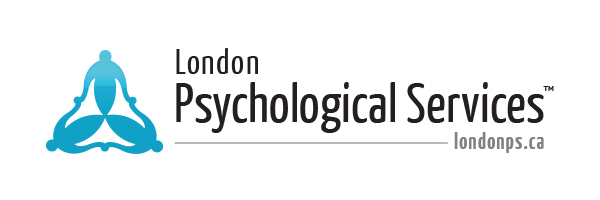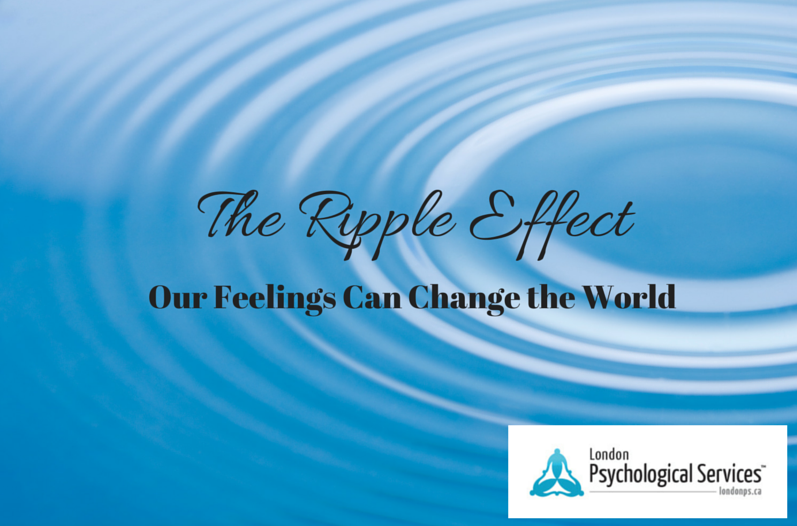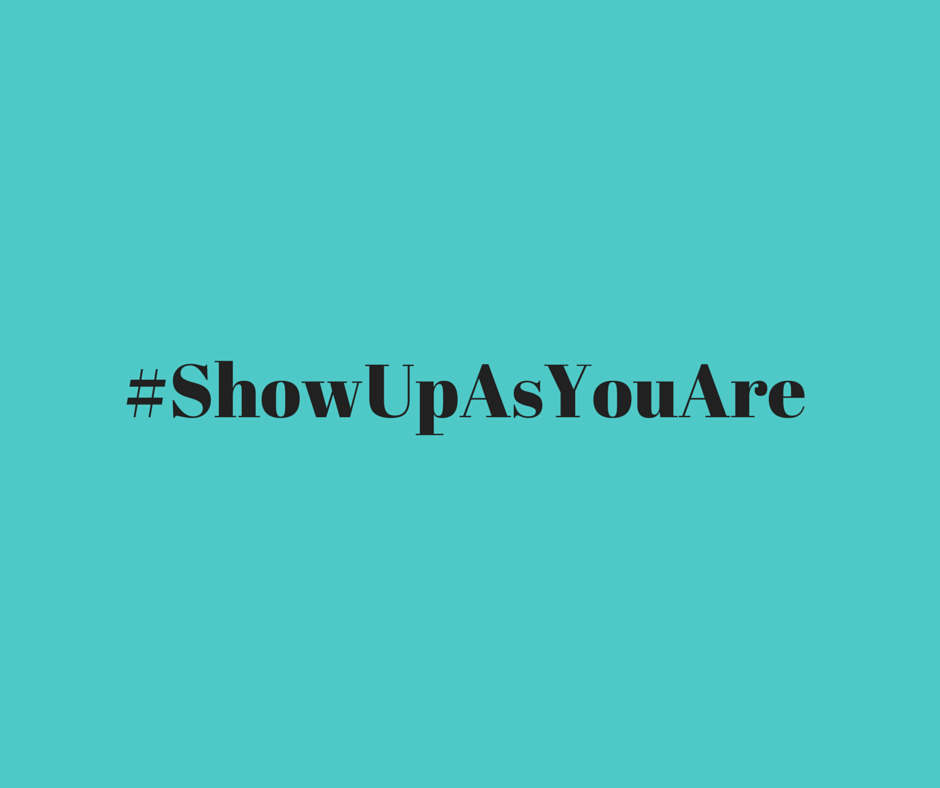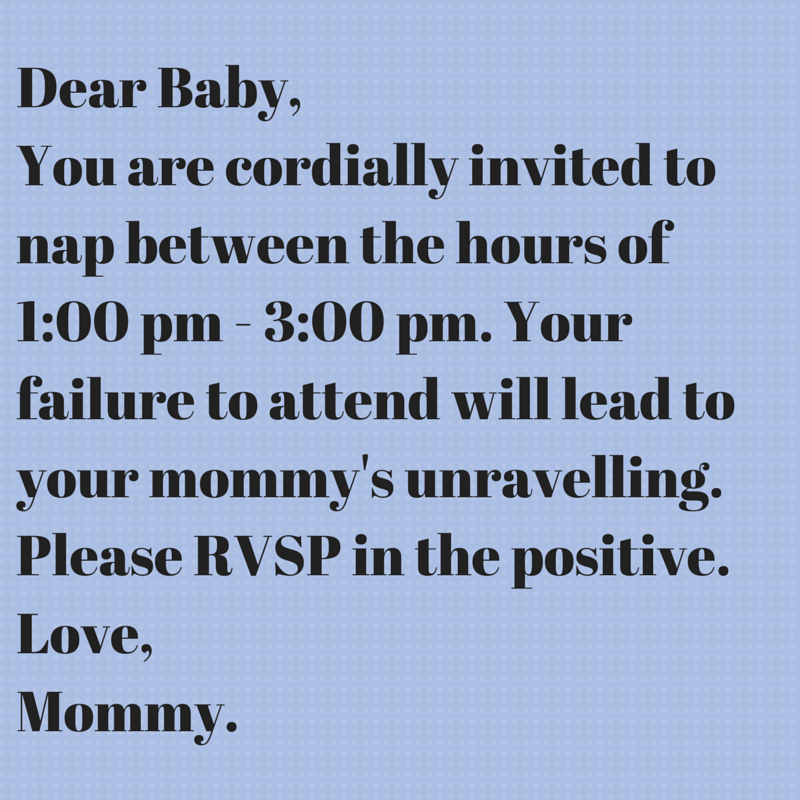You know those days when you wake up on the wrong side of the bed. You feel irritable, low on patience and everything feels overwhelming.
What happens in your interactions with others? Maybe you’re a bit snappier with your kids? You roll your eyes at your partner’s joke that he has made to try to cheer you up. You don’t let someone pull in front of you in traffic. It’s really hard to listen to your co-worker’s complaints again.
And then you feel guilty. You didn’t want to feel like this or treat others badly. You want to have a good day. You beat yourself up and vow that things will be different. And maybe they are. And sometimes, despite your best intentions, things still feel crappy.
How about those days when you are feeling great? You are feeling energized and positive. Your kid is freaking out and you are able to get to their level and diffuse the situation. You look at your partner, feel grateful for your imperfect relationship and give them a hug. This time you do let someone go ahead of you. You are able to empathize with your co-worker; she is really having a hard time.
Ripples.
How we feel has a ripple effect. Our emotional well-being impacts how we interact with both our most intimate friends and complete strangers. How we treat them may impact how they treat someone else later that day.
Ripples.
So, now I’m responsible for the emotional well-being of everyone else?!?!?
Of course not. We are all ultimately responsible for our own well-being.
I cannot make you happy.
You cannot make me happy.
However, our emotional experiences do not happen in a vacuum. We affect others and others affect us. Even if we decide to live on a deserted island all by ourselves, our lack of others will affect us. It’s part of being human; we desire connection yet are scared by it.
The truth is we are all the walking wounded. We all have our emotional bump and bruises. For some of us, our emotional injuries are catastrophic. We differ in how we tend to those wounds.
Some of us pretend that the wound doesn’t exist, even though it’s gushing blood.
Some of us pick at our wounds. We scratch and pick and can’t find relief.
Sometimes we allow the wound to heal, but a bump or jostle can make it twinge.
Then we go out into the world and we interact with other wounded people. Sometimes we find solace when we find someone who truly gets our wound, because they have a matching scar. Sometimes our wounds make it impossible for us to connect, even though it’s what we so desperately need. Sometimes all we can see is someone’s wound and not the person that they are underneath all that messiness.
We are expected to be the perfect parent and empathize with our kids, even though we have never been on the receiving end of empathy ourselves. We are expected to have this passionate, amazing romantic relationship even when we have no clue what a realistic relationship looks like. We are expected to maintain relationships that are incredibly harmful to us to keep up appearances.
We are the walking wounded.
This can be a pretty depressing thought. It definitely doesn’t me give the warm fuzzies.
However, it is amazing to be a witness when someone acknowledges their wounds. When rather than shaming, judging or criticizing yourself for an emotional response, you allow it to happen and understand why it’s happening.
You start showing yourself compassion and kindness.
You start making choices that are healthier for you.
You make space for true connection with others.
The healing starts.
And then the amazing ripple effects happen.
You may make someone feel so much better just be being authentic and honest. You are finally able to put all of those parenting strategies into place because you are actually functioning from a healthy place (have you ever noticed how so much parenting advice doesn’t actually consider how the parent is doing?). You may model to your daughter that self-care is okay. You may model to your son that having feelings is okay. You may show your partner that you accept them, flaws and all.
Ripples.
I want you to heal your wounds for you. I want you to feel less anxiety, to feel that you’re enough, to feel like you’re living the life that fits for you.
However, the impact that your healing can have on the world can be truly amazing. I see it every day. As wounds begin to heal, the ripple effects begin.
Our feelings can change the world.








